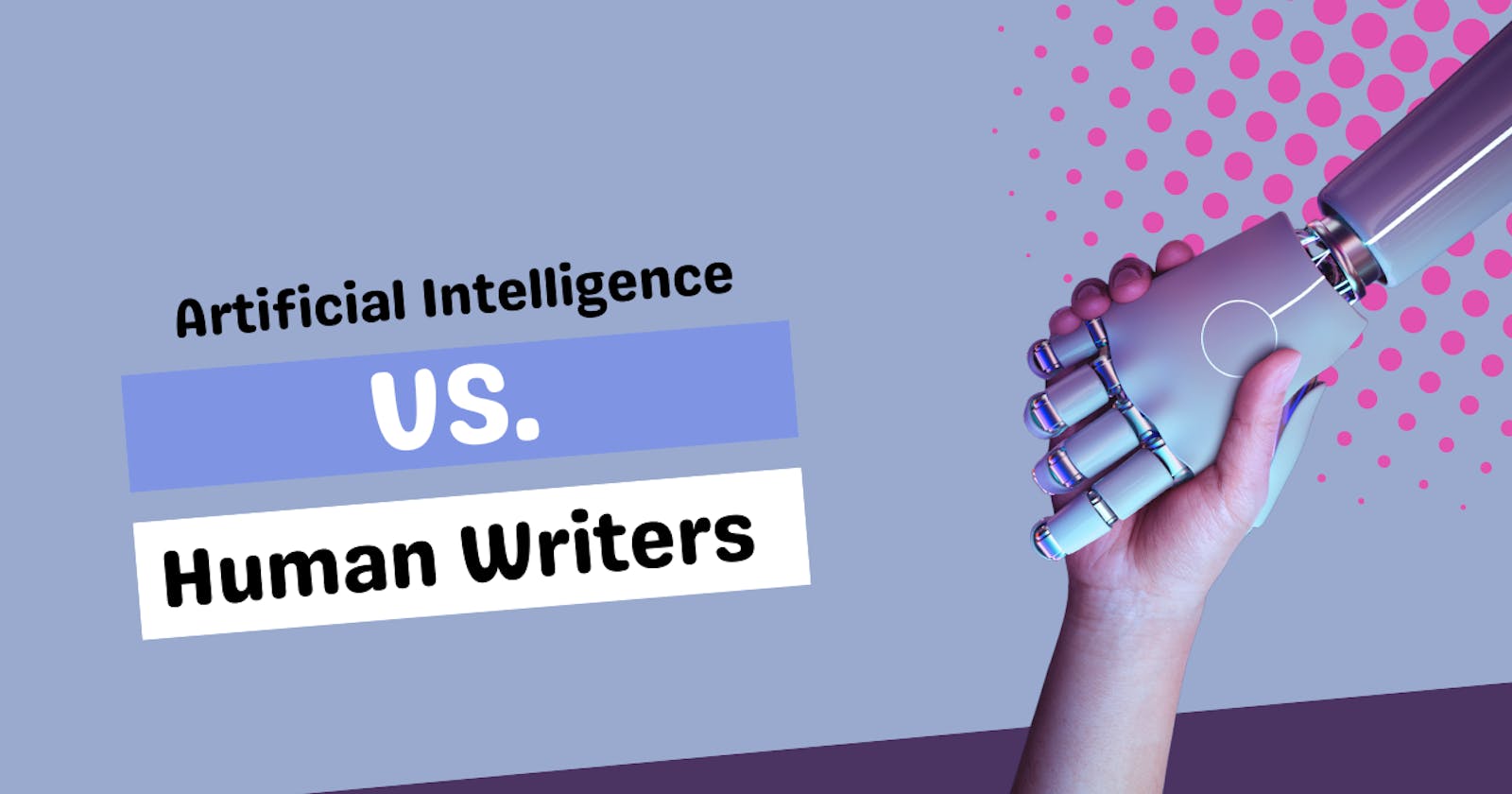As technology continues to advance, the question of whether AI can replace human writers has become a topic of debate. While AI has its benefits, including speed, accuracy, and cost-effectiveness, it still lacks the creativity, emotions, and intuition that human writers possess. However, the idea that AI will completely replace human writers is unlikely, and here's why.
The Advantages of AI
AI can perform a variety of tasks that would take human writers hours or even days to complete. AI can generate headlines, write news articles, and even create marketing copy. One of the biggest advantages of AI is its ability to analyze data and generate content that is tailored to the needs and interests of specific audiences.
For example, news organizations like the Associated Press use AI to write simple news stories quickly and accurately. In 2016, the AP began using an AI system called Automated Insights to produce thousands of articles about corporate earnings reports. The system was able to write up to 3,700 articles in just one quarter, which was more than ten times the number produced by human writers in the same period.
The Limitations of AI
While AI can be incredibly helpful in many areas, it still lacks the creativity, emotions, and intuition that human writers possess. Writing is more than just stringing words together; it's about telling a story that resonates with readers and evokes emotions. AI lacks the ability to understand human emotions and to create content that truly connects with readers on a personal level.
For example, AI-generated poetry lacks the depth and emotion that human poets can convey through their writing. In 2016, Microsoft created an AI system called Xiaoice, which was designed to write poetry. While the system was able to create rhyming couplets and basic verses, the poems lacked the emotional depth and complexity that human poets are known for.
The Future of Writing
The future of the writing industry lies in the collaboration between AI and human writers. While AI can generate content quickly and accurately, human writers can provide an emotional touch and connect with readers. By working together, AI and human writers can create a new form of writing that leverages AI to deliver better user experiences, reach new global markets, and develop innovative writing styles.
For example, AI can analyze data to identify trending topics and create content that is tailored to specific audiences. Human writers can then take that content and use their creativity and emotional intelligence to turn it into stories that resonate with readers. By working together, AI and human writers can create content that is both accurate and engaging.
The writing industry is evolving, and the collaboration between AI and human writers is a testament to that. Although AI has its advantages, such as speed and accuracy, it still lacks the emotional intelligence and creativity that human writers possess. By working together, AI and human writers can create content that is both informative and engaging. This partnership not only leads to better user experiences but also provides the opportunity to reach new global markets and develop innovative writing styles. With AI and human writers complementing each other's strengths, the future of writing is bright and full of endless possibilities.

